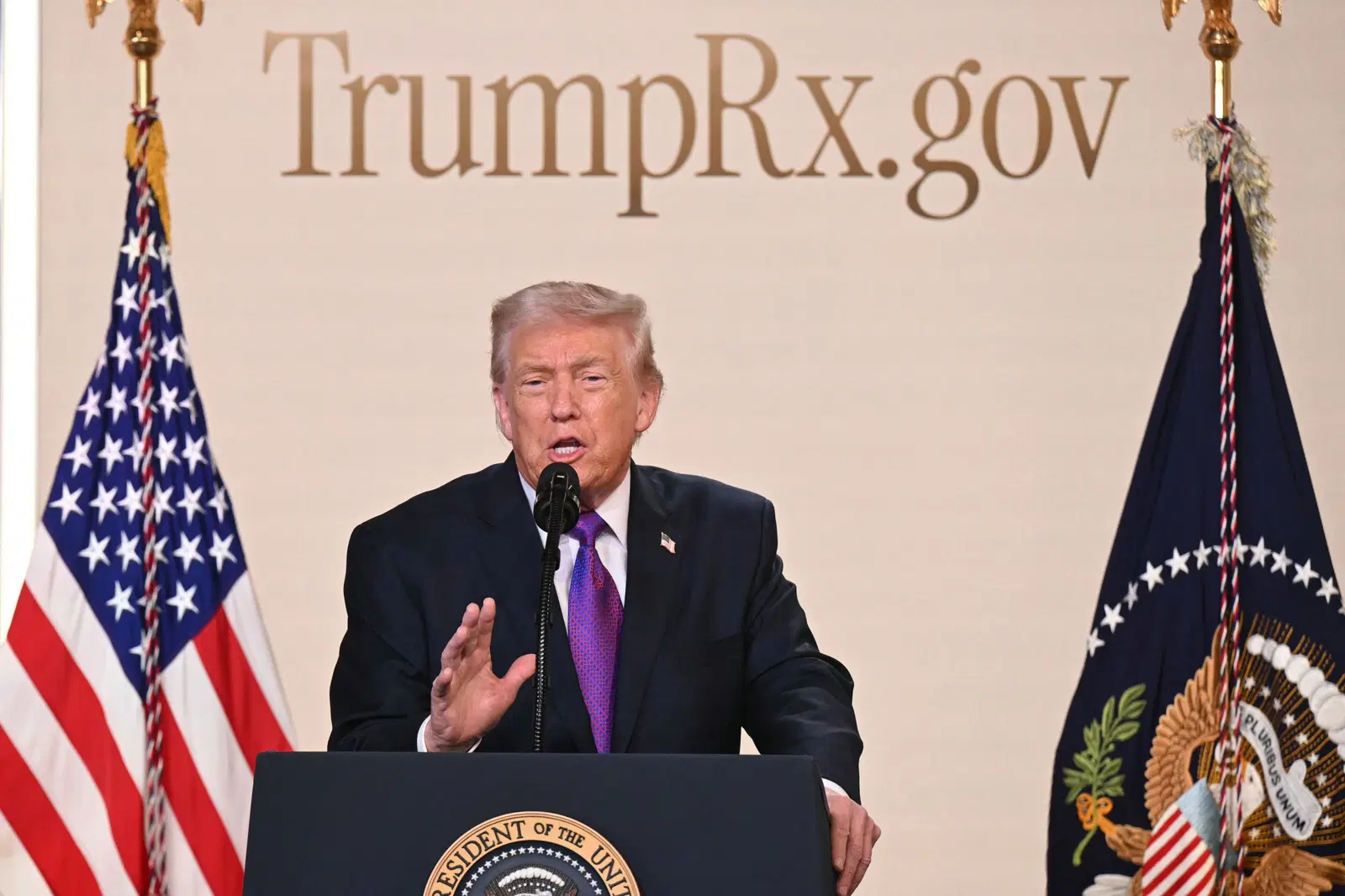The Minister of Finance, Budget and National Planning, Zainab Ahmed, said it may be necessary to submit an additional budget to the National Assembly and expand the committee if the new administration agrees with the decision to continue the removal of subsidies.
The Punch reported that the minister disclosed this to the State House correspondents shortly after the valedictory NEC meeting headed by Vice President Yemi Osinbajo at the Council Chambers of the Presidential Villa, Abuja.
In her words, “Council agreed that the timing of the removal of fuel subsidy should not be now; but that we should continue with all of the preparatory works that need to be done and these preparatory works have to be done in consultation with the states and other key stakeholders including representatives of the incoming administration.
“Council agreed that the fuel subsidy must be removed earlier rather than later because it is not sustainable. We cannot afford it anymore. But we have to do it in such a way that the impact of the subsidy is as much as possible, mitigated on the lives of ordinary Nigerians.
“So, this will require looking at alternatives to the fuel subsidy that needs to be planned for and subsequently put in place. But also, what needs to be done to support the people that will be most affected as a result of the removal.”
According to her, the subsidy is only allocated in the 2023 budget until June. Additionally, the Petroleum Industry Act mandates the deregulation of certain sectors within 18 months of the subsidy removal taking effect.
As a result, she stated that the Federal Government has decided to establish a larger committee to explore the removal process. This committee will be responsible for determining the specific timing of the removal, as well as the actions necessary to aid the poor and vulnerable and guarantee an adequate supply of petroleum products throughout the country.
This means that the committee, which is presently collaborating with state representatives, will be expanded and will also need to involve petroleum marketers.
She said, “So this is a decision that has been taken to expand the committee that is currently working with representatives of the states and it will also have to be engaging with the petroleum marketers.
“The immediate committee comprises the Ministry of Finance, Budget and National Planning, the NNPCL, the regulator, and the downstream and upstream regulators.
“So there’ll be an expanded committee so that it is not just a few people’s thoughts that will guide the process so that there is sufficient consultation taking inputs from key stakeholders on the measures that need to be taken. What I said is that it is not going to be removed now, which means it will not be removed before the transition is completed.”
Ahmed said, “So if the committee’s work, which will include the representatives of the incoming administration determines that the removal can be done by June, the work plan will be designed to exit in June. But if the determination is that the period needs to be extended, that will mean that as a country will have to revisit the Appropriation Act, for example, because the 2023 budget only made provision up to June. So, if we’re extending beyond June, it means we have to revisit the Appropriation Act and do a supplementary or amend the bill and also the PIA.
“These are the reasons why we had to do this consultation with NEC to get input from the governors. They’re going to provide us with their representatives to work together with us to have a defined process that will take us towards the removal. But one thing that is clear is everybody agreed that the subsidy should be removed very quickly, because the cost is only not efficient, but is also not sustainable. And that when the time comes for removal, the removal will be done once and for all.”











